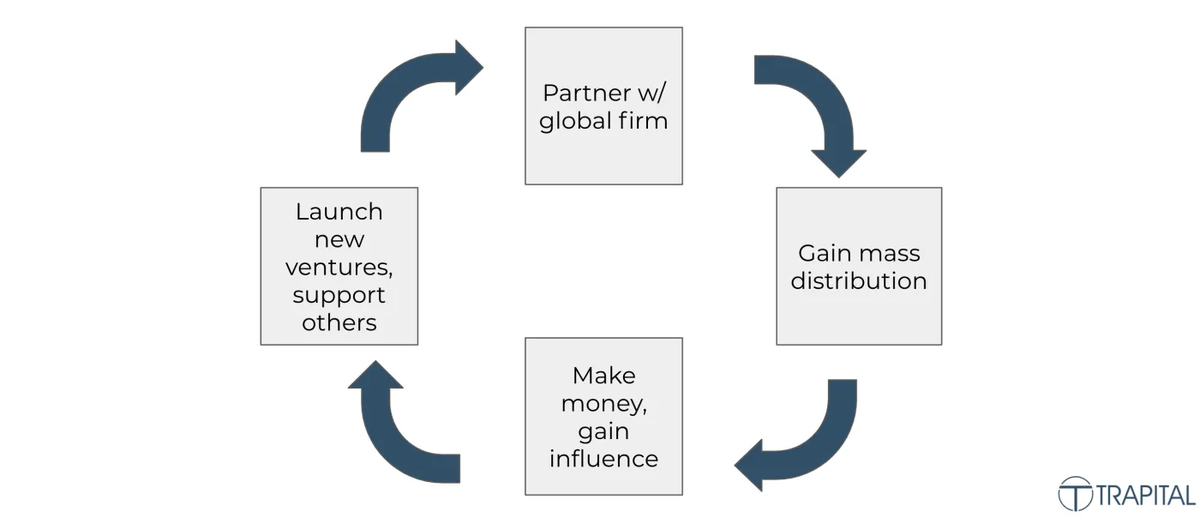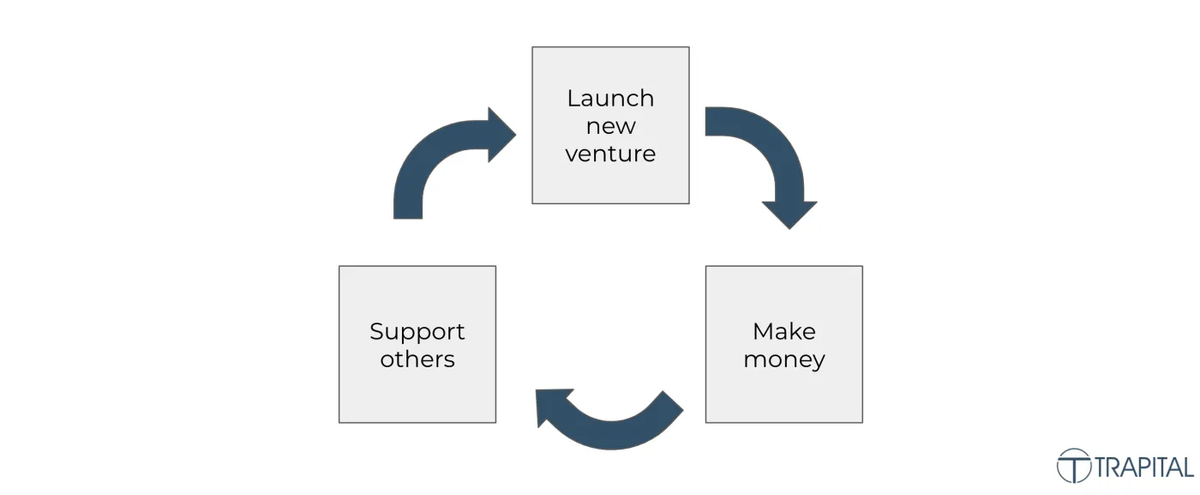Many artists model themselves after Jay Z or Master P.
Jay got rich off big partnerships. He got rich, and his business partners got even richer.
Master P got rich off of ownership. Smaller pie, but he's in control.
Two ends of the spectrum.
A thread.
Jay got rich off big partnerships. He got rich, and his business partners got even richer.
Master P got rich off of ownership. Smaller pie, but he's in control.
Two ends of the spectrum.
A thread.
Jay's approach gets all the hype. It's the big household, names, big dollars attached, and big headlines.
Look back on the most popular recent deals.
• Rihanna: LVMH, Amazon
• Beyonce: adidas, Netflix, Disney
All massive companies with worldwide distribution.
Look back on the most popular recent deals.
• Rihanna: LVMH, Amazon
• Beyonce: adidas, Netflix, Disney
All massive companies with worldwide distribution.
These deals often get chose over self-owned options.
Beyonce "could" release all her video content on Tidal.
But she knows the reach is limited. She also knows half of y'all would unsubscribe when that free trial is done.
For her, it's distribution > ownership.
Beyonce "could" release all her video content on Tidal.
But she knows the reach is limited. She also knows half of y'all would unsubscribe when that free trial is done.
For her, it's distribution > ownership.
They still care about business ownership, especially Black ownership. They're all huge advocates for it.
But it often comes after the big bucks get made with the established multinational companies.
But it often comes after the big bucks get made with the established multinational companies.
It's lucrative, but it creates a perpetual cycle.
Black wealth is generated, which is great. But it's hard to "catch up" when it makes those established global companies even richer.
Black wealth is generated, which is great. But it's hard to "catch up" when it makes those established global companies even richer.
The less traveled route (but still popular) is Master P.
He sits at the top of the value chain in most deals. He owns his production, music, and various other brands.
He gets a bigger slice of a smaller pie. Still gets paid, but not like The Carters.
He sits at the top of the value chain in most deals. He owns his production, music, and various other brands.
He gets a bigger slice of a smaller pie. Still gets paid, but not like The Carters.
It's a self-sustaining cycle that's not dependent on large funders.
Very similar to Tyler Perry (who's from Louisiana too. We see y'all)
Very similar to Tyler Perry (who's from Louisiana too. We see y'all)
The approaches remind me of an age-old question:
"Would you rather come in first place and win $2 million, or come in second place and win $5 million, knowing that your efforts helped first place win $10 million?"
Each side of the spectrum has tradeoffs. Glad both exist.
"Would you rather come in first place and win $2 million, or come in second place and win $5 million, knowing that your efforts helped first place win $10 million?"
Each side of the spectrum has tradeoffs. Glad both exist.
If you're interested in this topic, read this popular essay I wrote that goes more in depth on:
• the impact on hip-hop fashion and apparel deals
• how each approach helps economic empowerment
• how this will shape hip-hop for the next 15-20 years https://trapital.co/2019/07/18/how-distribution-changed-hip-hop-for-better-and-worse/
• the impact on hip-hop fashion and apparel deals
• how each approach helps economic empowerment
• how this will shape hip-hop for the next 15-20 years https://trapital.co/2019/07/18/how-distribution-changed-hip-hop-for-better-and-worse/

 Read on Twitter
Read on Twitter



